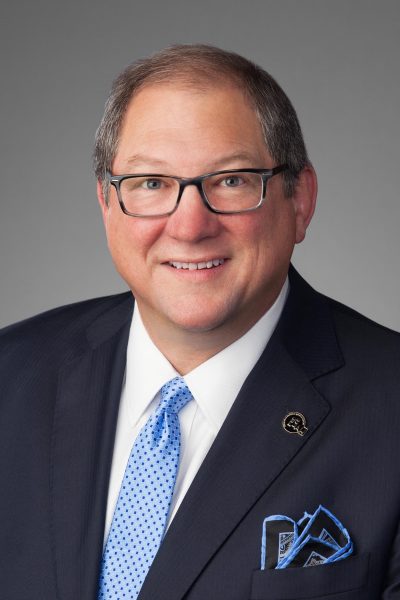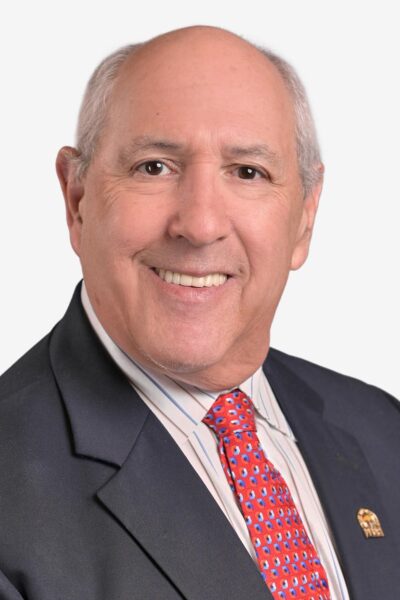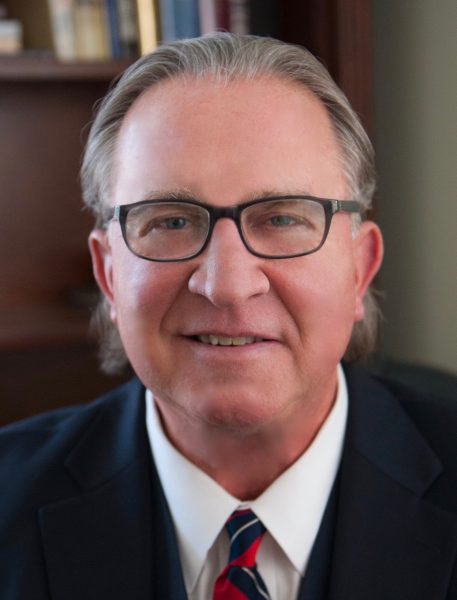Results For Articles or Consultants
Customs
As an experienced insurance expert witness, Daniel works with attorneys on agent/insurance company standard of care and bad faith. He can analyze coverages and claim handling. He works with both plaintiffs and defendants on cases he believes in. Daniel has 40 years of experience as a practicing insurance agent / professional and almost 20 years…
6. The insurance application process now requires more attention.
There was a time, in the not too distant past, when most applications for property and casualty insurance did not require the signature of the insurance buyer. Agents routinely completed applications and underwriters readily accepted them without anyone’s signature on the application. This custom and practice is no more. Insurance applications have become more than just tools to gather underwriting information to determine the eligibility of the applicant for coverage and for premium determination purposes. The necessity for thoroughness and precision has greatly increased. It is more than appropriate and appreciated by the underwriter for the applicant to provide supplemental answers and explanations along with the standardized application. These relatively recent changes in the usual and customary practices of making an application for insurance can make the difference between having a claim covered and not having it covered. An ambiguity or misunderstanding can become an allegation of misrepresentation, which can lead to no coverage at all, rather than just a possible increase in premiums. Policy rescission and voiding policies ab initio are on the rise, along with underwriters using application information as “Warrants” thereby making the application a part of the policy (which has always been the case with life insurance policy applications).
These developments make providing accurate information to underwriters more than just important. Accurate information becomes the basis for the existence of the contract itself and adds an increased threshold to the concept of “utmost good-¬‐faith” which is the traditional basis of all insurance relationships. However, “utmost good-¬‐faith” is a two-¬‐way street. Insurance companies sometimes attempt to deny coverage based on conditions and exclusions that are not, and never were intended, appropriate to the situation or the claim at hand. Some prohibitions were intended to exclude coverage because the hazard is better transferred by another type of policy, not to be used to exclude an otherwise covered claim. This type of unfair claims settlement practice is rare and usually caused by poor attention to detail in the filing of a claim and/or inexperienced claims adjusters. The insurance buyer needs to be equally diligent and vigilant as to the accuracy of applications of insurance and in the filing of a claim under an insurance policy.
Lesson: Insurance applications are more important than they once were. Plan and prepare in a careful, thorough manner before submitting an application for insurance or filing a claim.
MANDY CONNELL: We are dealing with significant brush fires, we’re going to have a really bad fire season, we have that here in Colorado and I thought it would be timely to bring someone on to talk about what a homeowner should do before the possibility of disaster strikes because we’re in a situation if a brush fire pops up near your home when you are at work you may not be able to go home again depending on the severity of the fire and its movements and things of that nature, so what kind of guidance can you give us in terms of preparing for a natural disaster before it happens?
DAVID STEGALL: The best thing to do is it go through your mind and imagine that it’s already happening. You want to have a plan before you have to deal with it, and the Colorado authorities, the national forest service and there is a number of things, has all sorts of things on their websites as to the best way to protect your property from a physical standpoint, but the best thing to do from an insurance standpoint is to make sure you’re “insured to value” which means that you have enough insurance on your house to pay for it when it burns down and this is a serious problem, this is where more of acrimony between policyholders and insurance companies happen on any other issue, it’s the value of the dwelling and a lot of people are confused on this issue. They think “oh well the mortgage company told me I have a mortgage of a $180,000 and so that’s what I want the insurance for.






